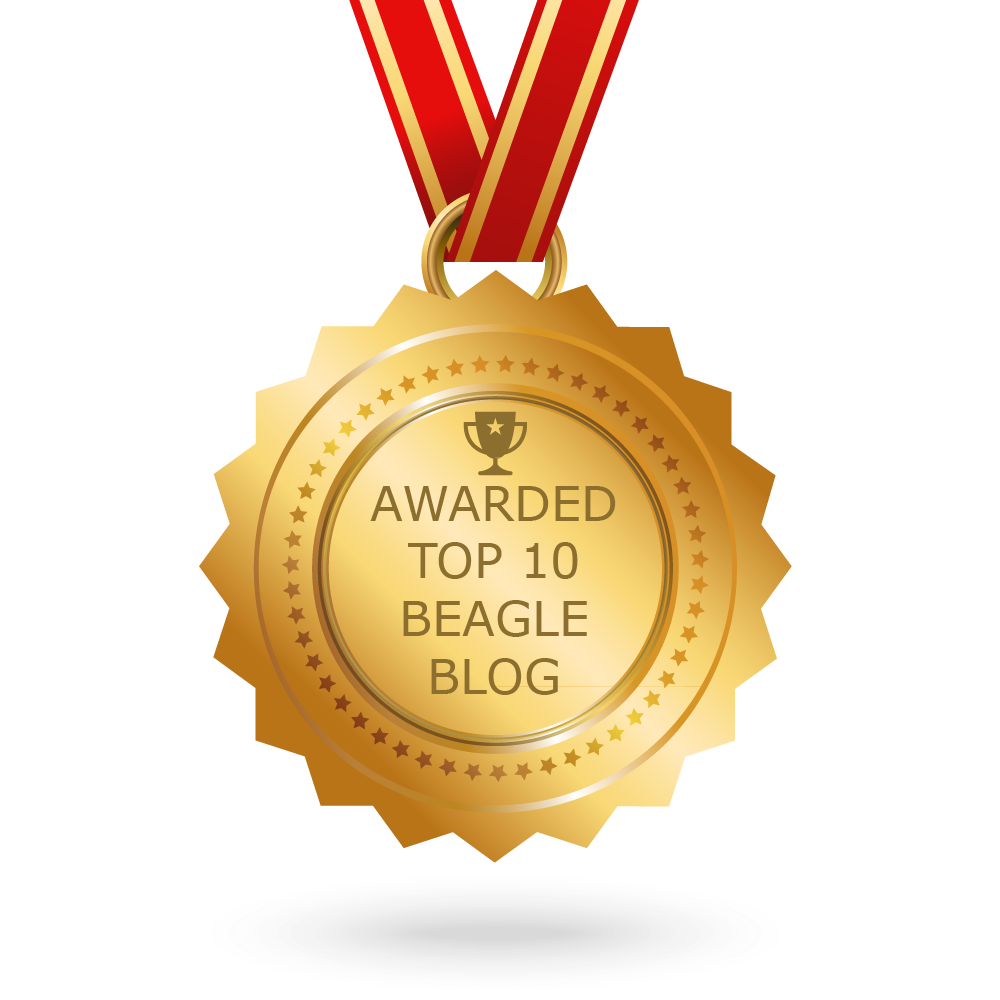The un-asked/not-given-enough-attention questions when it comes to rawThere is plenty of information out there about feeding your dog a raw diet. Probably too much. It can get confusing, overwhelming and down right scary. This post is not about everything else that is out there about all the why's, why not's, how to's and when's but rather about putting a few points out there that you may not have thought to consider should you decide to go the raw route or things to think about if you're already feeding raw. Our points today: 1. Know your supplier 2. Know the ingredients 3. Know the process 4. Know the balance 5. Know the legalities Know your supplierThis is mentioned as the first point because the other points trickle down from it. If you know and trust your supplier, their reps and staff and are able to build a relationship with them then the points following should not be an issue as the information will be provided to you without a problem. You need to feel free and comfortable to ask any of the following information and have the right to receive the answers without a problem. Know the ingredientsIf you're looking at feeding raw or already feeding raw, depending on how much research you have done you will already know that there is raw and there is raw. You need to be aware where your supplier is sourcing their ingredients, so that you can rest assured they are of good quality. If your supplier is hesitant about giving you the answers you should be hesitant about the quality of ingredients that could be going into your dog's food. Know the processEverything you read and hear about the dangers of feeding raw boils down to the handling of ingredients when it comes to bacteria such as Salmonella. Most articles stress this from the owners side, to store and defrost hygienically and appropriately. As a responsible owner that chooses to feed raw you need to think about more than just taking care at home. Find out about the transport, handling and process of the product from your supplier as well. Know the balanceThere is a lot of information out there about the importance of the ratios of feeding raw, however most owners blindly believe that the raw food they buy is perfectly balanced and is giving their dog everything it needs. They do not read the fine print that more often than not indicates that the food they are feeding is only complimentary and not fully balanced. Ask your supplier about the balance of their food, many come back with an answer stating the ratio of veg to protein but if your raw food manufacturer know what they're doing they will give you a break down of protein, vegetables, bone meal, organs and anything else that may be added to the food such as herbs and/or supplements. Know the legalitiesCheck whether your raw food supplier is registered with the authoritive body in your country (South Africa: Department of Agriculture, Forestry and Fisheries). If they are then they have to adhere to strict specifications of hygiene, have regular random inspections and are legally registered to supply pet food.
If they are not registered by this body you have no guarantee that the quality of ingredients, hygiene standards or ethical processing standards are being met or even being followed at all. Their ingredients could come from anywhere. In some cases there have been reports of roadkill and even sick animals being used.
1 Comment
|
ALTERNATIVE HEALING & BLOG DISCLAIMER
Alternative healing articles and any other advice featured in this blog do not claim to replace any conventional veterinary treatment. This is an educational blog for Beagle owners to read about alternative options that we as Beagle owners have tried ourselves and seen positive outcomes. We do not post anything we have not experienced positively and will never endorse anything in which we do not believe through positive experience. Kinesiology and other healing modalities do not diagnose, cure or prescribe, as these activities are the prerogative of veterinarians. Kinesiology may provide a different, energy-based approach to allergy support, and potentially allow for a reduction in the use of corticosteroids. As a kinesiologist, I believe that allergies, just like other ailments, may have an emotional and/or mental aspect which is worth addressing. As such, this modality represents a valid complementary therapy to veterinary care. Categories
All
|
Proudly powered by Weebly






 RSS Feed
RSS Feed